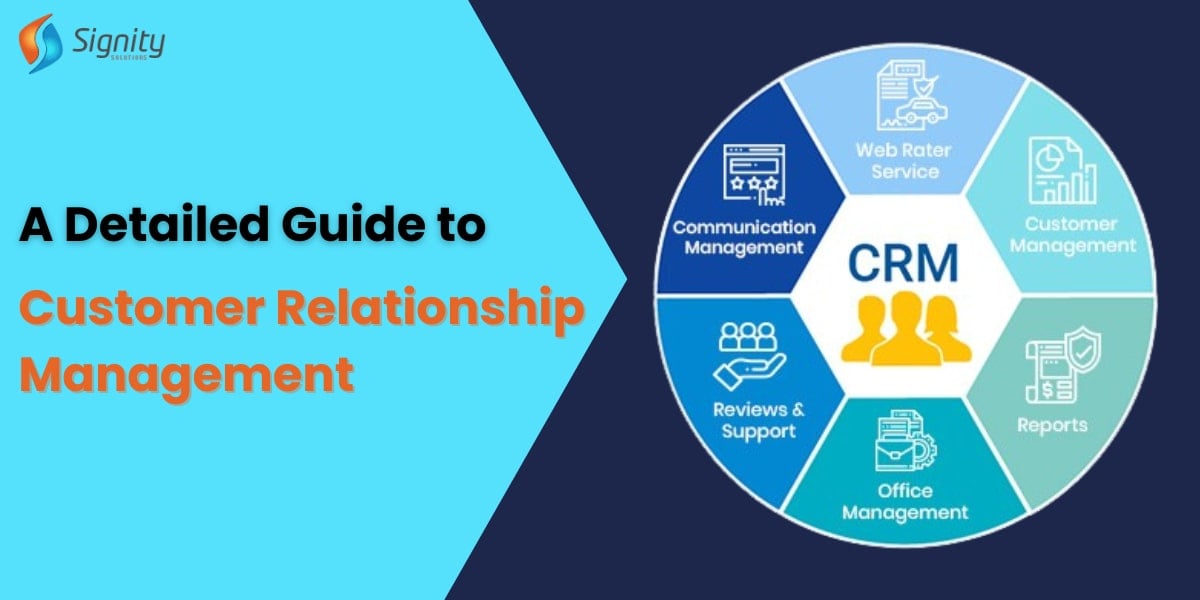Selecting right CRM software may be one game changer to the organization. In the current fast-paced environment, building healthy partnerships among clients is vital to achieve growth as well as prosperity. An effective Customer Relationship Management solution may simplify the processes, boost client interactions, while also provide insightful understandings regarding the revenue as well as marketing strategies. However, due to so many alternatives available, picking best CRM solution for the specific demands can feel overwhelming.
In order to help you make a well-informed educated selection, it’s important to understand what your business really requires. Considerations such as the staff capacity, sector, and resources all have a pivotal part in determining the appropriate option. In this manual, we will examine important factors as well as practical guidance to ensure that you choose a sound decision when investing in CRM software. With this approach, one may harness the capabilities of such a system for enhance efficiency and foster lasting ties among the partners.
Key Features to Evaluate
When deciding on the best CRM software for your company, it's crucial to consider the attributes that clearly support your operational needs. One significant feature is adaptability. Your CRM should enable modifications to suit your specific sales processes and customer interactions. This ensures that the software fits with your individual business model and provides a seamless journey for your team.
Another key feature is integration options. Your chosen CRM should easily connect with the other tools and platforms your business uses, like email marketing software, accounting systems, and e-commerce platforms. This integration is vital for optimizing workflows and maintaining a cohesive tech ecosystem that can boost productivity and collaboration across your organization.
Finally, consider user experience and accessibility. The CRM software should be intuitive and straightforward to operate, enabling your team to adopt it without extensive training. A simple interface encourages engagement and ensures that team members can efficiently manage customer relationships. Additionally, mobile access can be a major advantage, allowing your team to keep working smoothly while on the go.
Leading CRM Software Options
As selecting CRM software, it's essential to evaluate prominent options that meet a variety business needs. SF is commonly acknowledged as a leader in the CRM market, offering an comprehensive array of features tailored for businesses of different sizes. Dynamic Digital Solutions -based platform allows for flexibility and flexibility, permitting teams to manage customer relationships, sales, and marketing in a unified central location. The strong automation capabilities and tailored dashboards make it a favorite for organizations focused on growth.
Another top choice is HubSpot CRM, which is famous for its user-friendly interface and solid free tier. This software is notably appealing for small to medium-sized businesses seeking a simple solution that can grow with them. With features like tracking emails, pipeline management, and connectivity with other HubSpot tools, it meets a varied range of marketing and sales needs. Additionally, HubSpot offers helpful educational resources that help users make the most of the platform's potential.
Zoho CRM is a versatile option that stands out for its budget-friendliness without sacrificing functionality. Ideal for businesses seeking a economical solution, Zoho CRM delivers comprehensive features such as lead management, sales automation, and performance analytics. It also includes integrations with numerous third-party applications, enhancing its overall usefulness. With its focus on personalization and ease of use, Zoho CRM is suitable for businesses looking to optimize their processes and improve customer engagement.

Tips for Making the Right Choice
When selecting the ideal CRM software for your business, keep in mind your specific needs and objectives. Determine the features that are essential for your team, including lead management, analytics, or integration with other tools. Having a clear understanding of what you require, you can limit your options and avoid spending time and resources on platforms that do not align with your goals.
An additional crucial factor to evaluate is user-friendliness. The utility of CRM software often relies on how easily your team can use it. Look for easy-to-use interfaces and excellent customer support. Many providers offer free trials, so capitalize on these opportunities to test the software and gather feedback from your team.
Finally, consider scalability and pricing. You want a CRM solution that can grow with your business and support an growing number of users or extra functionalities over time. Compare pricing models to find one that suits your budget while also meeting your current and future needs. A careful evaluation of these factors will help ensure you make a well-informed decision.
